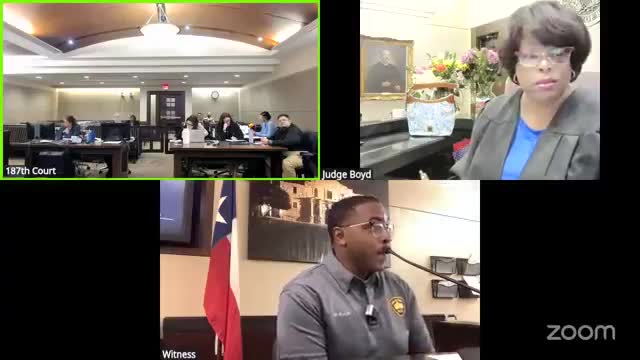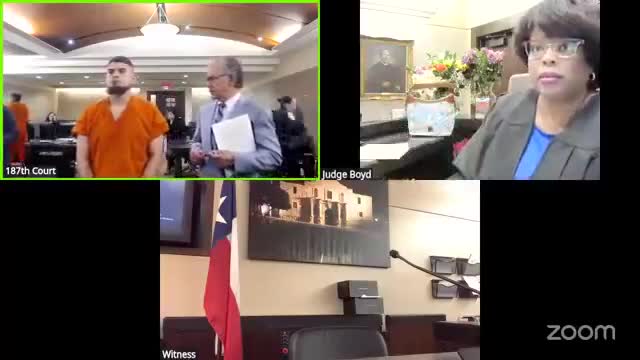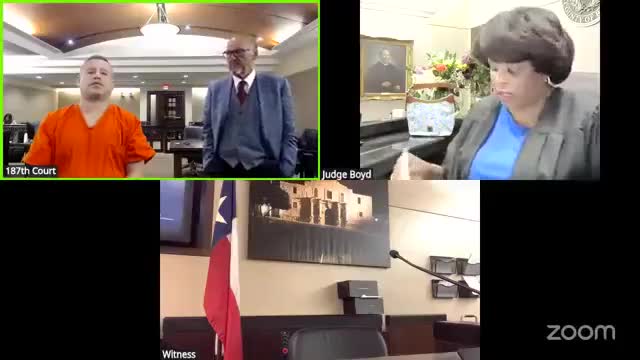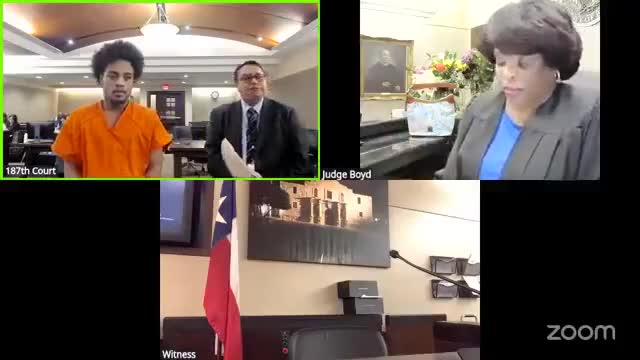Article not found
This article is no longer available. But don't worry—we've gathered other articles that discuss the same topic.

Prosecutors present helicopter video and body‑worn camera showing vehicle crash and package; jury trial in Reyes case continues

Court revokes Christian Spiller’s supervision; judge sends him to prison for two years

Juan Ortiz sentenced to 14 years in prison after no-contest pleas in two drug cases

